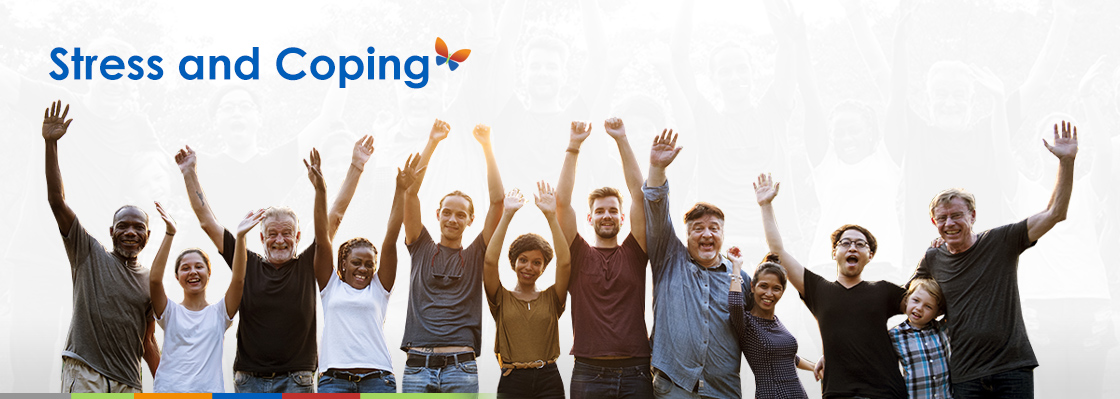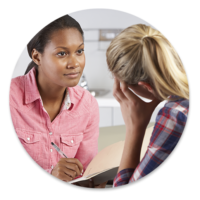What is stress? How can you learn to cope?
Stress is part of everyone’s life. Stress means different things to different people. If not managed properly, stress can lead to illness, increased anxiety, or depression and mood swings.
Forms of stress may include:
- Physical stressors: fever, pain, illness.
- Environmental stressors: weather, noise, housing concerns, traffic.
- Social and emotional stressors: concerns over money, a job, family demands, having to make a big decision, guilt, loss, and lifestyle change.





